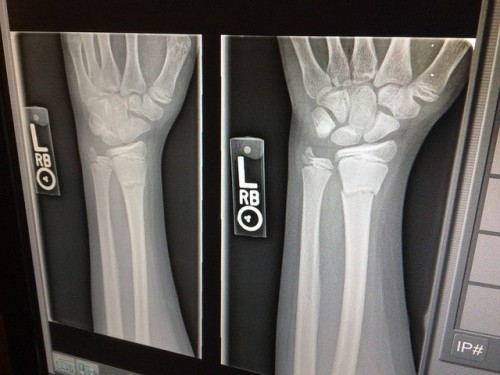Nutritionists trying to influence how much fat an obese woman might eat should take into account food prices, the time it takes to make a meal and the location of grocery stores, says a new study of low-income women in Wisconsin.
The report also concludes that women who pay more attention to food's appealing tastes and who eat according to mood, rather than concerning themselves with weight loss, are more likely to consume more fat, regardless of their body size. The study appears in the American Journal of Health Promotion.
"Nutrition educators should be aware that predictors of fat intake behavior differ with body size," say Mei-Wei Chang, Ph.D., R.N., of Michigan State University-East Lansing College of Nursing and colleagues.
For instance, "information about the cost of food, availability of time to prepare food and accessibility to purchase food are likely to be more effective in education programs for obese women," Chang says.
The researchers compared factors that might predict fat intake in 581 mothers, both black and white, in southern Wisconsin who received assistance through the federal nutrition program called WIC.
Continue Reading Below ↓↓↓
Young mothers with low incomes or education "tend to consume high-fat diets and are at a particularly high risk for major weight gain," Chang explains. "Low-income young mothers are an especially important target audience because of the long-term health implications for their own and their children's dietary quality."
Chang and colleagues surveyed the women about their rationales for eating certain foods, "enabling" factors like the cost and convenience of food, and other factors like the desire to control weight and the sensory pleasure the women found in eating.
Rationales like eating low-fat foods to be healthy or look good were not good predictors of fat intake in either normal-weight or obese women, the researchers found.
This study was supported by the U.S. Department of Agriculture, the University of Wisconsin-Madison and the Sigma Theta Tau, International Beta Eta Chapter and Delta Phi Chapter Research Award.
Source: Center for the Advancement of Health











